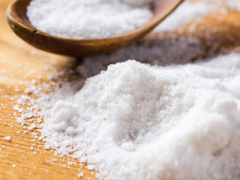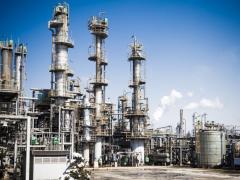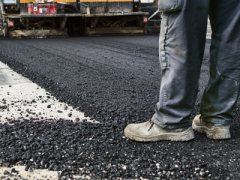Decarbonisation options for the Dutch chlor-alkali industry
This report on decarbonisation options for the Dutch chlor-alkali industry is part of the MIDDEN project (Manufacturing Industry Decarbonisation Data Exchange Network) initiated by PBL and TNO. The project aims to support industry, policymakers, analysts and the energy sector in their common efforts to achieve deep decarbonisation. The report gives an overview of the chlor-alkali industry in the Netherlands and the options for decarbonisation.
Overview of chlorine production and processes
The Dutch chlor-alkali industry exists of three production plants located in Delfzijl, Botlek and Bergen op Zoom, and together produce roughly 850 kilotons of chlorine, 950 kilotons of caustic soda, as well as 24 kilotons of hydrogen per year. The central aspect in the chlor-alkali manufacturing process is the electrolysis of sodium chloride. This aspect is surrounded by a series of sub-processes:
- Steam generation
- Caustic soda preparation
- Brine preparation
- Electrolysis
- Caustic soda processing
- Hydrogen processing
- Chlorine processing.
Decarbonisation options
The decarbonisation options include sustainable heat generation, efficiency and electrification, circularity and recycling, and sustainability across the product chain. A key opportunity for decarbonisation in the chlor-alkali industry lies in the reduction of indirect emissions. The main decarbonisation options are:
- Electrolysis by zero-gap membrane electrolysers;
- Capacity increase to utilise peak-shaving production;
- Steam generation by electric, hydrogen-fired or biomass boilers;
- Steam generation by geothermal heat generation.
Authors
Specifications
- Publication title
- Decarbonisation options for the Dutch chlor-alkali industry
- Publication date
- 10 June 2021
- Publication type
- Report
- Page count
- 37
- Publication language
- English
- Product number
- 3478




